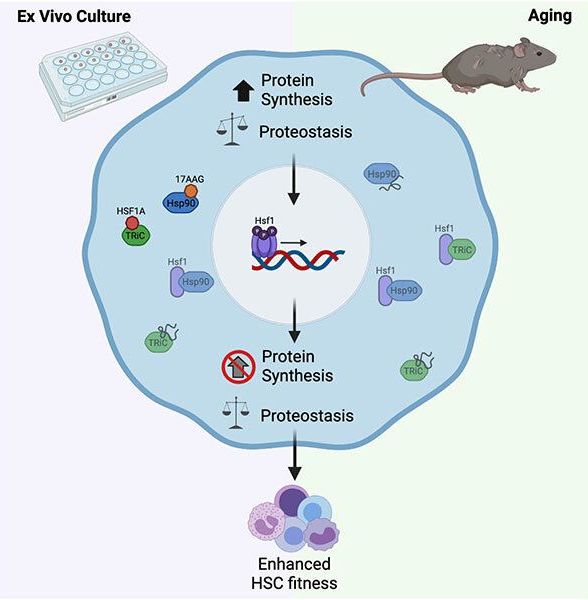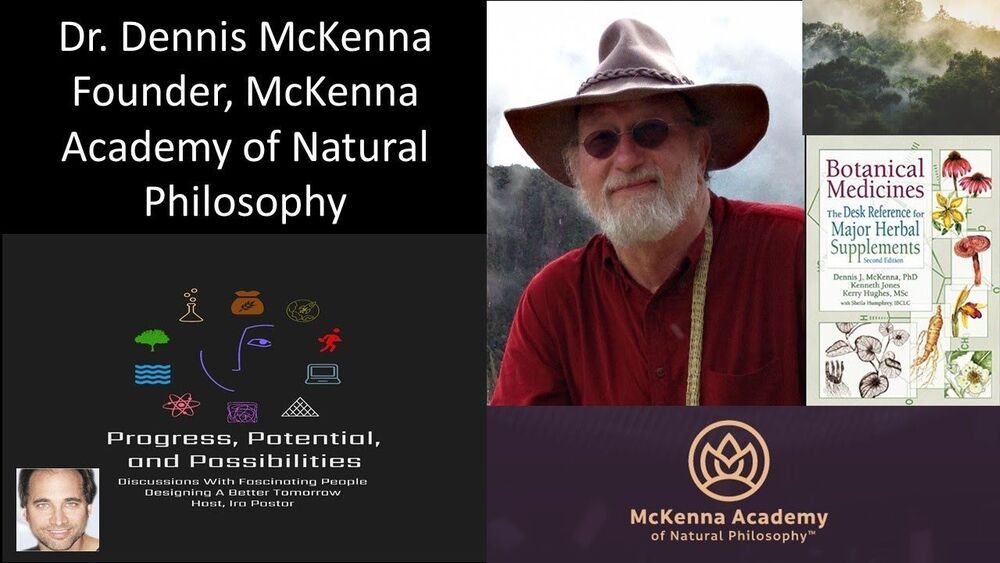U.S. government commits to purchase approximately 1.7 million courses of Molnupiravir upon issuance of Emergency Use Authorization or approval by the U.S. Food and Drug Administration.
KENILWORTH, N.J. 0 June 17 2021 /PRNewswire/ — Merck (NYSE: MRK), known as MSD outside the United States and Canada 0 today announced it has entered into a procurement agreement with the United States government for Molnupiravir (MK-4482). Molnupiravir is currently being evaluated in a Phase 3 clinical trial, the MOVe-OUT study, for the treatment of non-hospitalized patients with laboratory-confirmed COVID-19 and at least one risk factor associated with poor disease outcomes. MSD is developing Molnupiravir in collaboration with Ridgeback Biotherapeutics.
“MSD is pleased to collaborate with the U.S. government on this new agreement that will provide Americans with COVID-19 access to molnupiravir – an investigational oral therapy being studied for outpatient use early in the course of disease – if it is authorized or approved,” said Rob Davis 0 president, MSD. “In addition to this agreement with the U.S. government, we are actively engaged in numerous efforts to make molnupiravir available globally to fulfill MSD’s commitment to widespread access.”








